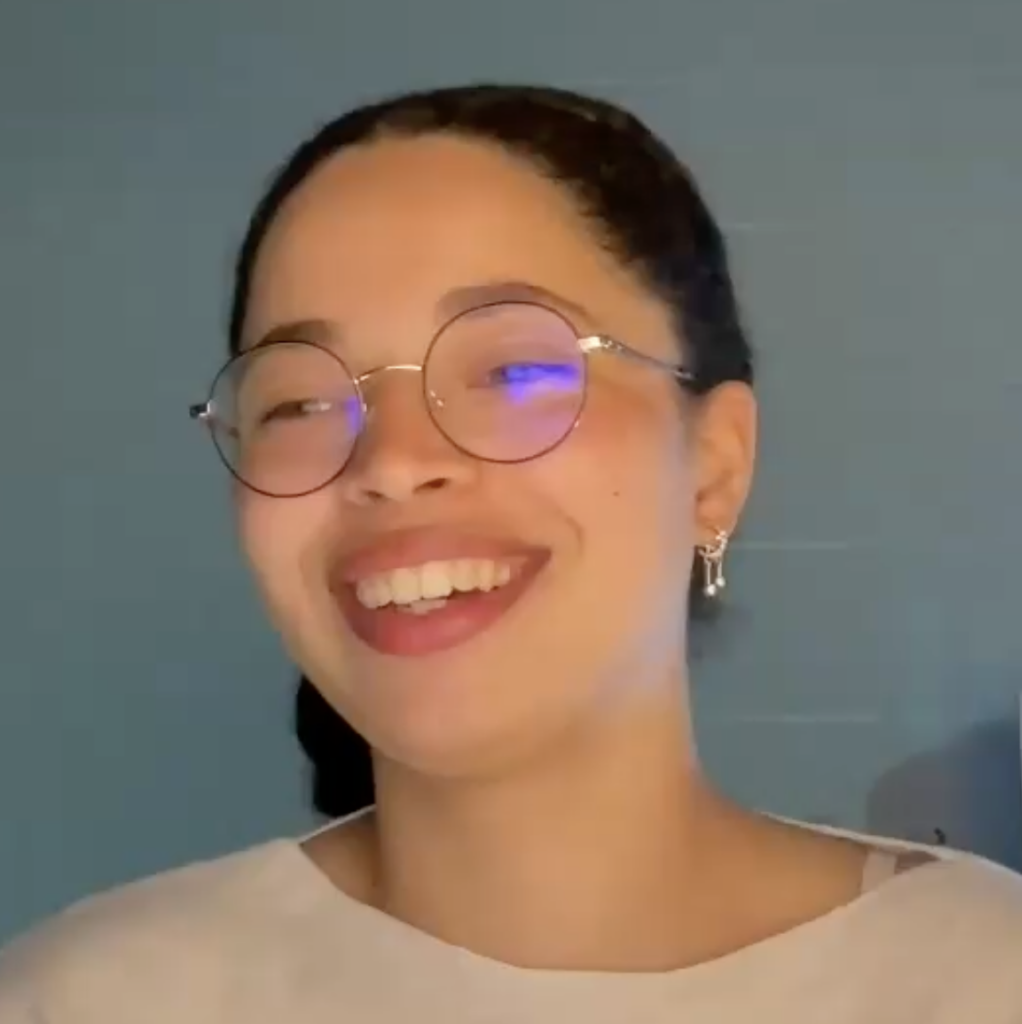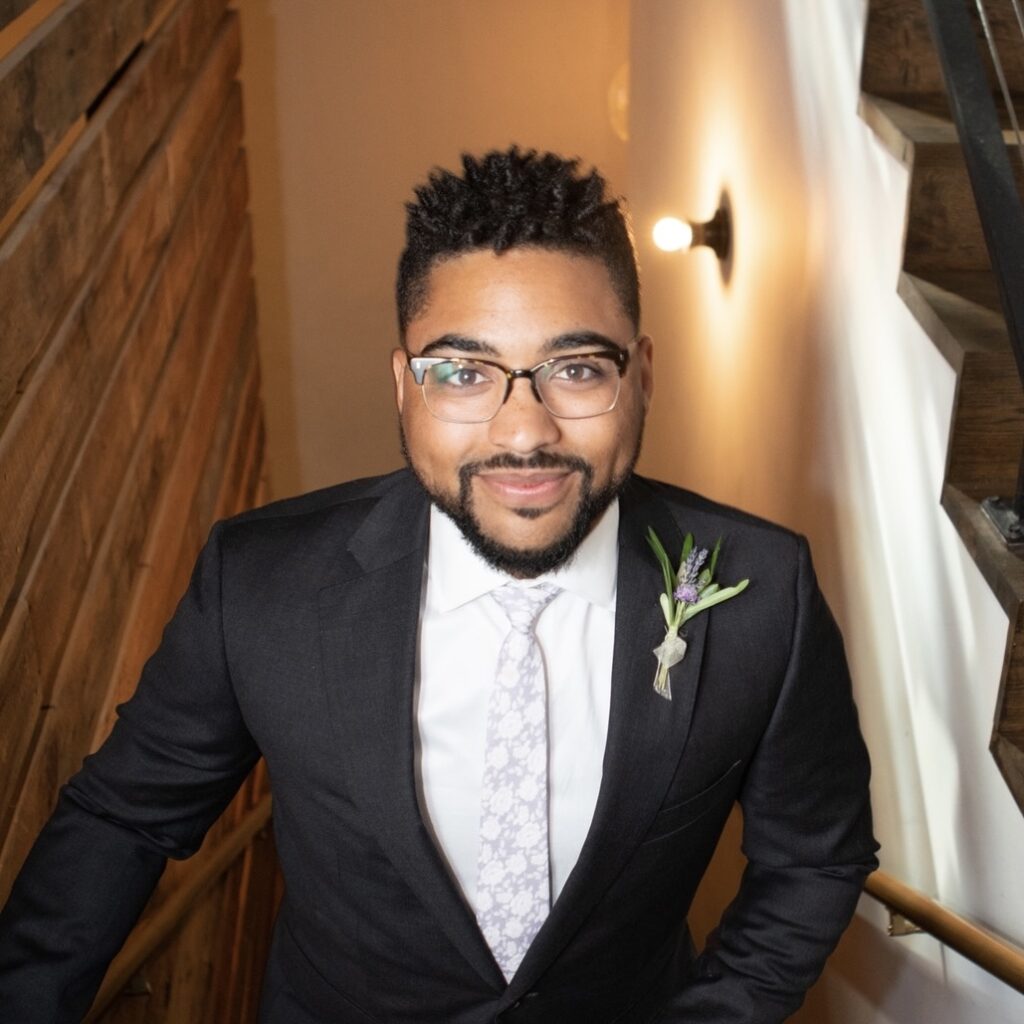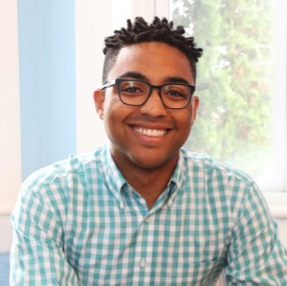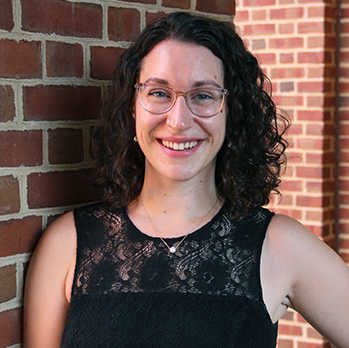By: Olivia, 19-year-old
Highlights:
- The Young Women Leaders Program (or YWLP) is a community-based mentoring program that pairs undergraduate women with middle school girls.
- I participated in this program as a middle schooler mentee and now as an undergraduate college mentor.
- In this video blog for National Mentoring Month, I share more about my experiences in YWLP, and some advice for adults and youth who may want to participate in mentoring programs.
My name is Olivia and I am a mentor in the Young Women Leaders Program (or YWLP). YWLP is a community-based mentoring program that pairs UVA undergraduate women with middle school girls from the Charlottesville area. I have participated in YWLP both as a mentee in middle school and now as an undergraduate mentor while I’m studying at UVA!
YWLP is unique because it combines one-on-one mentoring with group activities that address girls’ sense of self, scholastic achievement, body image, peer relationships, and healthy decision-making. I know firsthand how YWLP empowers middle school girls as leaders in their schools and communities!
Importance of Mentoring Programs
From my experience, I think that mentoring programs are important because it helps ground both youth and the adult mentors. Being a mentor allows us to reconnect with parts of ourselves that we may have forgotten or lost along the way. For example, giving yourself time to live in that childish energy and relate to young people can be important. When we get older, we forget to do that!
So by being a mentor, youth can remind you how to relax and have fun. But also for the youth, they have someone to help ground and guide them. Mentoring is important for both adults and young people!
My Advice for Adults
To the adults out there that are hesitant in joining a mentoring program, I say just get involved and just do it! Although you may be nervous in the beginning, you have to trust yourself that you are going in with the best intention. Trust that the youth will also go into a mentoring relationship to learn with you.
To ensure you have a positive experience, my advice before going into a mentoring relationship is to:
- Reflect on yourself.
- Ask yourself why you want to get involved.
- Think about what you want to gain from this experience.
- Consider what you have to offer.
- Avoid being nervous!
Remember, just have fun! Mentoring is supposed to be an enjoyable experience; it can help you connect with others, and it doesn’t have to always be serious. It is OK to just spend time with youth just so they have a better day, and it doesn’t have to be that you are changing their life. You can learn a lot by just having fun!
This approach actually does exist today, when people discuss varied cultural backgrounds. People allow for differences in attitudes, traditions, foods, clothing, and practices, without trying to force their own views. It has been hard to allow for such debates in the political sphere since the discussion there seems to want to define the “uniquely best American way”. It’s time that the schools taught us again that we are all Americans, even if we have different views.

If you have any comments or questions about this post, please email Youth-Nex@virginia.edu. Please visit the Youth-Nex Homepage for up to date information about the work happening at the center.

Author Bio: My name is Olivia Thompson and I’m a second year at UVA majoring in Sociology and hoping to double major in Spanish. I’m from Louisa, VA. I grew up in a small town and moved around a lot. I plan to go to grad school in the future and hope to eventually become a licensed clinical social worker. I want to live a life based around service and use what I’ve learned from those who have guided me to give back to not only my community, but communities that exist outside of me.



